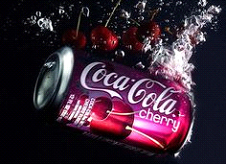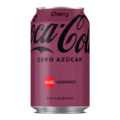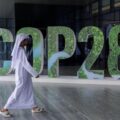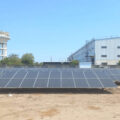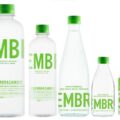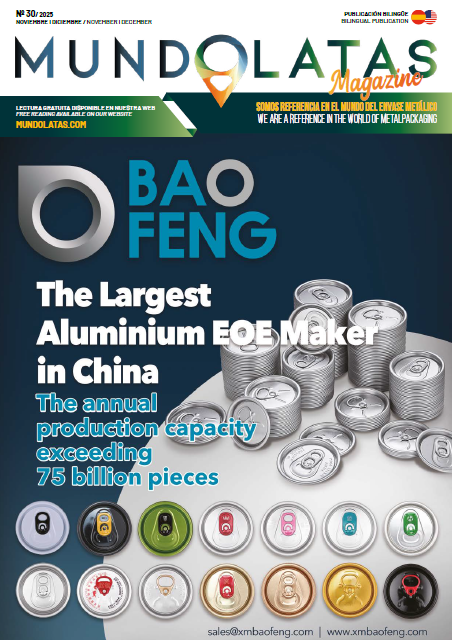The CocaCola Company announced the update of its voluntary environmental goals in order to fulfill the company’s purpose: Refreshing the World and Making a Difference.
This evolution is based on lessons learned from decades of sustainability work, periodic assessments of progress and identified challenges. Achieving these goals will require continued investments in innovation and infrastructure solutions, enabling legislation and increased collaboration with bottling partners, industry, local governments and civil society.
The company is prioritizing goals and actions focused on improving water safety in high-risk locations, reducing packaging waste and reducing emissions, extending the compliance deadline to 2035.
Bea Perez, executive vice president and global head of Communications, Sustainability and Strategic Partnerships for The CocaCola Company, said: “We remain committed to building long-term business resilience and earning our social license to operate through our evolved voluntary environmental goals. These challenges are complex and require more effective and efficient resource allocation, as well as working collaboratively with partners to generate lasting positive impact.”
The following targets for 2035 replace the company’s previous environmental objectives in the areas of water, reservoirs, climate and agriculture:
Water
⦁ Global goal: Return more than 100% of water used in finished products to nature and communities.
Since 2015, the company has met or exceeded this target.
⦁ Local goal: Return 100% of the total water used in more than 200 high-risk locations within the CocaCola system.
Water is essential for people and ecosystems, and is the main ingredient in the company’s products. Because water is sourced locally, CocaCola seeks to achieve 100% replenishment at these high-risk locations, which represent nearly one-third of the system’s global facilities. The risk profile of the facilities is expected to be reassessed within five years to ensure adequate investments to improve water security where the company operates.
The company will continue to focus on sustainable water management, increasing water use efficiency, and treating and returning safe water to communities.
Packaging
⦁ Recycling goal: Use 35% to 40% recycled material in primary packaging (plastic, glass and aluminum), including increasing the use of recycled plastic to 30%-35% globally.
⦁ Collection goal: To guarantee the collection of 70%-75% of the equivalent number of bottles and cans introduced annually to the market.
The company offers beverages in various packaging formats, such as glass and plastic bottles, aluminum cans and reusable containers. Its efforts are focused on using more recycled material in primary packaging and supporting collection rates, which requires enabling policies and collection infrastructure. CocaCola will also invest in reusable packaging in markets where this infrastructure already exists.
Design:
More than 95% of the company’s primary consumer packaging is designed to be recyclable. Using recycled content and reducing packaging weight helps reduce virgin plastic use and associated emissions.
Collaboration to collect:
Successful collection and recycling of packaging requires collaboration and promotion of well-designed collection systems. CocaCola will continue to work with local and global partners to improve collection models, expand design innovations and advocate for effective policies.
Emissions
⦁ Reduce Scope 1, 2 and 3 emissions in line with a 1.5°C trajectory by 2035, taking 2019 as the baseline.
The company will focus on reducing emissions in its own operations, such as concentrate manufacturing and company-owned bottling partners. In addition, actions in water and packaging will contribute to mitigating the impacts of climate change. Acquired companies, such as BODYARMOR and Costa, are expected to be prepared for integration into this climate trajectory over time.
Ongoing actions
Although it will no longer have a specific voluntary target for agriculture, the company will continue with initiatives and programs to support the sustainable sourcing of agricultural ingredients, reduce water use and prevent deforestation in high-risk areas. It will also maintain efforts to improve the livelihoods of those who grow and harvest ingredients for its products.
CocaCola will report annually on its sustainability progress and regularly assess its actions and priorities to align its 2035 goals with stakeholder needs and market dynamics.
“We know there will be more chapters coming our way and we can’t do it alone.”Perez added. “Continued collaboration, strategic investments and well-designed policies are crucial to creating shared value for all.”

